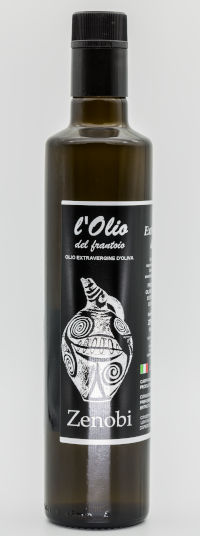- Mokaffee
- Did you know...
- 4 likes
- 4408 views
- 0 comments
Related products
Extra Virgin Olive oil
Zenobi Olive oil Extra Virgine, Glass bottle - 500ml
30 Reviews
€14.50
€29.00 / l







Comments (0)